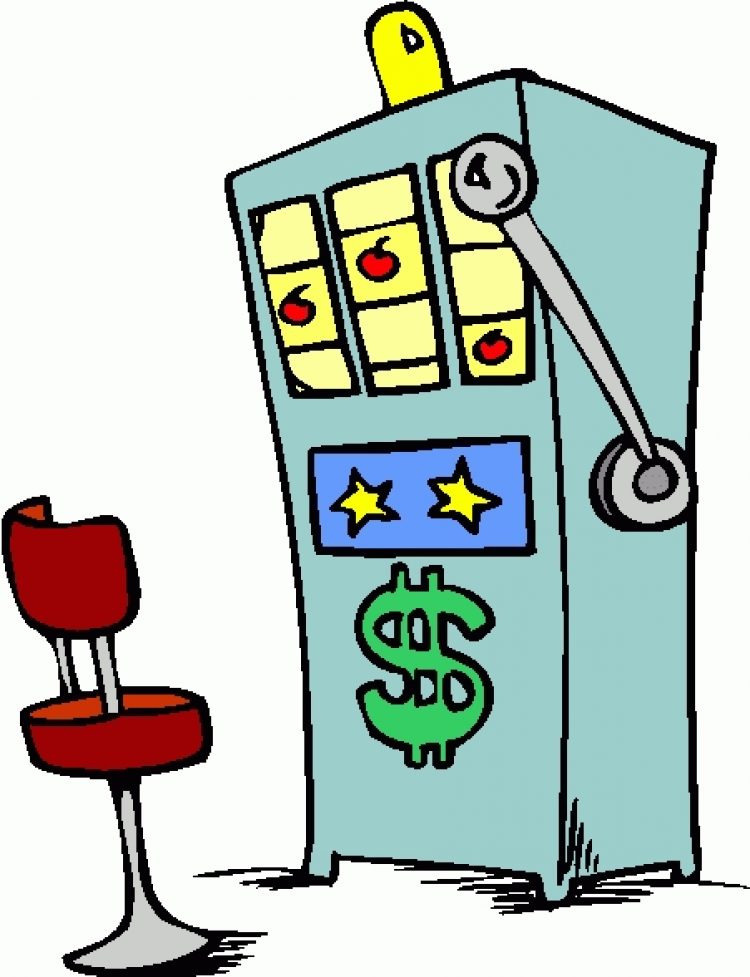Premium slot players are a growing element in Asian casino gaming
Mention the term ‘VIP’ in relation to Asian casino gaming and people tend automatically to think of high roller baccarat players in Macau. But the slots segment of the Asian casino market also has its premium slot players; the margin on slot business in general is typically higher than on high roller table games; and the premium slot segment is growing in Asia, reflecting the positive performance in the region of slots as a whole.
Revenue from slots in Macau—the world’s biggest casino gaming market by revenue—reached the equivalent of US$710 million in 2008—up 57.2% on 2007 (5.65 billion patacas from 3.59 billion patacas a year earlier), according to Macau’s regulator the Gaming Inspection and Coordination Bureau (DICJ). Some of the boost in productivity on a per slot machine basis was due to a reduction in the total number of machines on casino floors—from 13,267 at the end of Q4 2007, to 11,856 at the end of Q4 ’08. Those that remain, though, are bringing in more cash than ever. The gross revenue from slots in Q1 ’09 was 1.53 billion patacas, up 3.72% quarter on quarter and up 13.2% year on year.
This bullishness on slots is reflected in Melco Crown Entertainment’s (Nasdaq: MPEL) decision to inject 1,350 new machines into the Macau market when the company’s City of Dreams project on Cotai opens its doors in June.
One of the barriers to fully effective slot data management in Asia is that players can sometimes be reluctant to play their part in the supplier-operator-customer triangle. Some Chinese players for example have—according to anecdotal reports from casino slot marketing teams in Macau—so far displayed an unwillingness to share even their basic personal information with casinos.
As we reported in our story ‘Out of Africa’ in February, however, Chinese and other East Asian players are increasingly coming to understand the value proposition of slots and the favourable returns to player available. That is likely to stimulate the increased penetration of player cards, privilege clubs and other promotional and marketing techniques. And at a time when the Asian premium table market appears generally to be subject to a squeeze caused by regional economic contraction and a reduction in available credit, operators with properties in Asia are renewing their efforts to build their slot markets.
MPEL’s Mocha Clubs, a chain of slot venues in Macau catering mainly for local players, has been a leader in building a base of loyal slot customers in that market. The whole of the second floor at Mocha Marina Plaza Slot Lounge for example is dedicated to VIP players under the branding ‘Royal Lounge’.
In Macau locals can visit slot clubs or casinos on a casual basis any time. It may be easier therefore to build loyalty within that customer group than it is among Mainland Chinese visitors, who must come to Macau either in organised groups or by applying for personal travel permits under China’s Individual Visit Scheme. Nonetheless the rewards to those operators that are successful in building their slot player data base among players in Macau are likely to be significant.
The cash turnover generated by a slot VIP is not on the same level as that produced by a table VIP—the equivalent typically of a few hundred US dollars per session, rather than the thousands or tens of thousands of US dollars common among premium table players. Pro rata, though, the slot VIP business typically has more profit potential because it has scale in terms of a bigger demographic and the trade doesn’t depend on casinos paying commissions to junket agents in return for feeding them players.
































